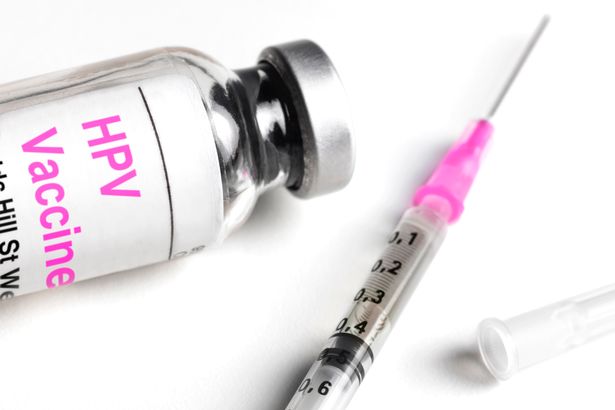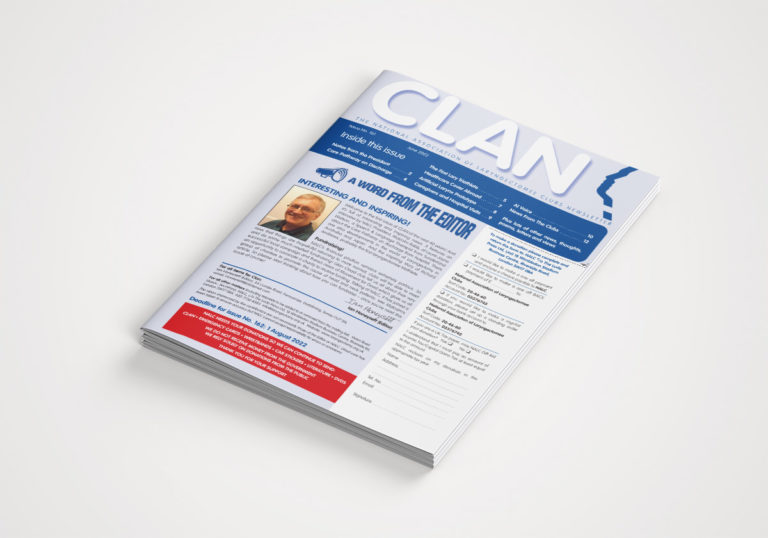The connection between HPV infection and cervical cancer has been known for many years. In 2008 a vaccination programme for girls was introduced to try to reduce infection and subsequent development of cancer. However HPV causes other types of cancer, not least head and neck cancers, which have seen a large increase in incidence in the last decade, attributed to HPV. NALC was a member of HPV Action, which campaigned to extend the vaccination programme to boys, and this was implemented in 2018.
HPV is a factor in the majority of oropharyngeal cancers, though not so much in other head and neck cancer such as laryngeal cancer.
Enough time has passed to look at how successful the HPV jabs have been, has the incidence dropped? A recent research study in Scotland has found strong evidence that the vaccination works very well.
Data for women born between January 1, 1988, and June 5, 1996, were extracted from the Scottish cervical cancer screening system in July 2020 and linked to cancer registry, immunization, and deprivation data. No cases of invasive cancer were recorded in women immunized at 12 or 13 years of age irrespective of the number of doses. If vaccinated later, more doses are needed for the same outcome.
These excellent findings pose some important questions.
Cervical cancer presents at a younger age than head and neck cancer so when will it be possible for some research to find if the vaccination has had a similar effect in reducing head and neck cancers?
How well is the HPV vaccination programme in schools going? What % of boys and girls are now receiving the vaccination? Since the Covid pandemic, vaccinations of all types have been subject to negative publicity, especially in social media.

